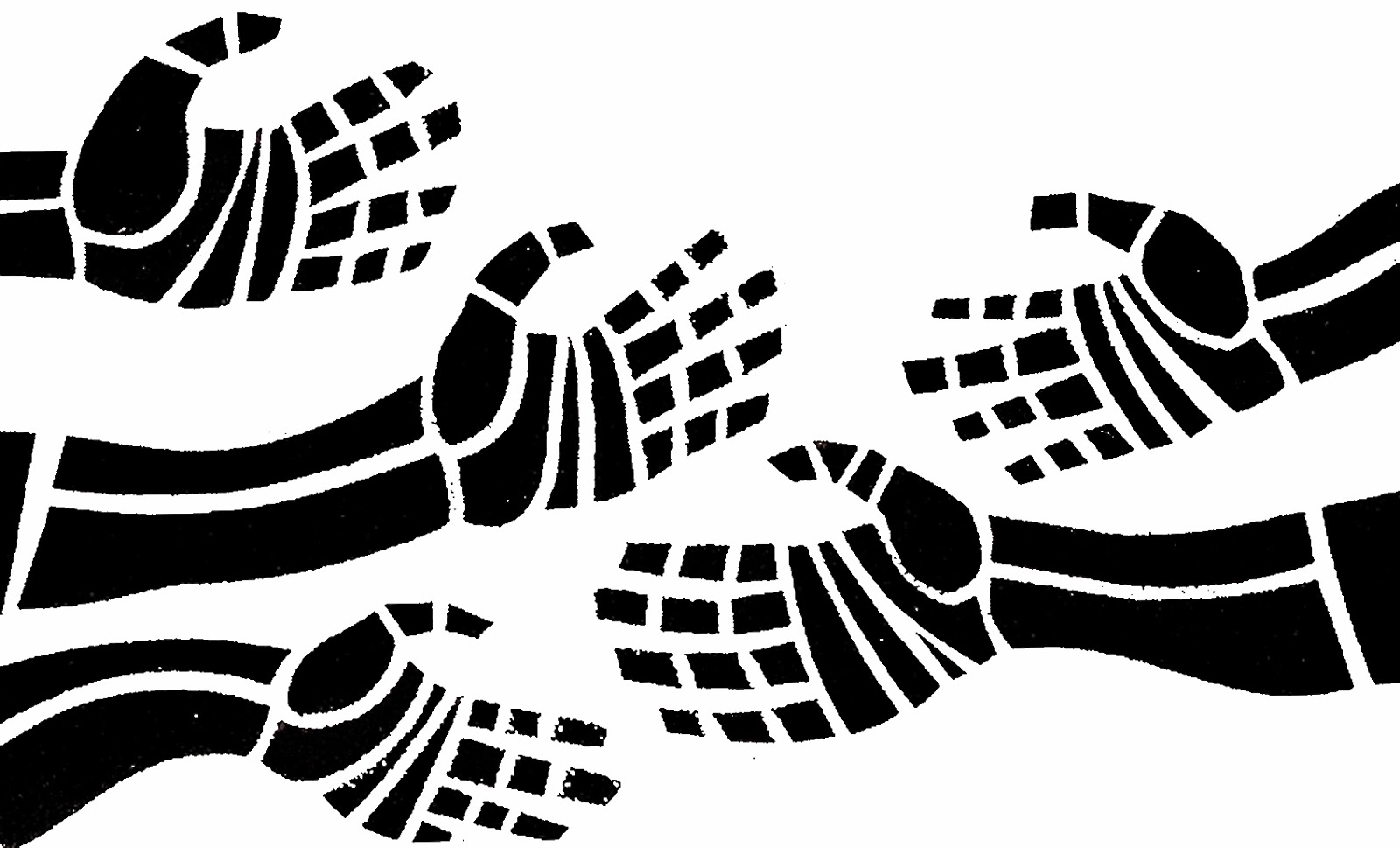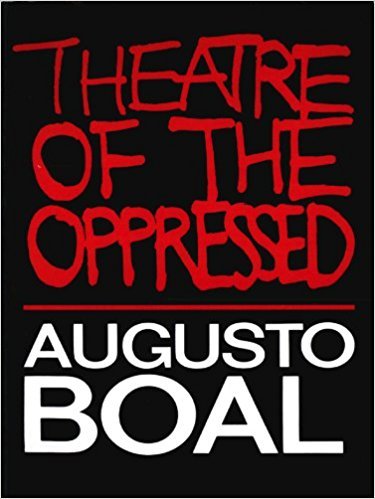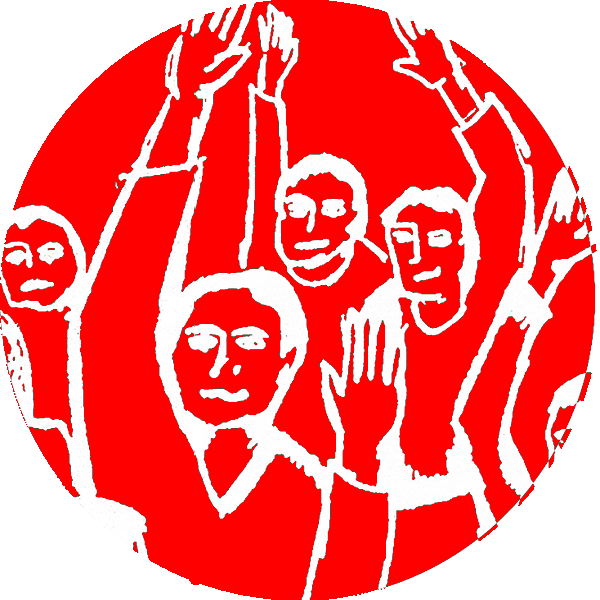Theatre of the Oppressed: A Rehearsal for the Revolution

I make theatre. I don’t think I ever really had a choice about it. You see, I’m an artist. And it's not just my profession, it’s my identity and my community.
Since I was 15 there’s never been a question in my mind that this is what I should be doing.
However, when I was in the middle of my traditional, undergraduate theatre program I felt pretty lost. We were doing plays (an embarrassing majority of these plays written by white men) that didn’t resonate with me. Being 19 and a theatre major, I fell into a dramatic pattern of self-evaluation, i.e. “What’s the point of making art? Who does it serve? Why am I doing this? Isn’t it all pretty masturbatory?”. So, I decided to find my inspiration by studying abroad in London.
The day I flew to London was my first time ever being on an airplane having come from a low-income, rural family that has never flown as a mode of transportation. But off I went. And I found what I was looking for: Theatre of the Oppressed pedagogy.

In 1974 late Brazilian revolutionary and artist Augusto Boal published his seminal work: Theatre of the Oppressed. The book is an arsenal of games and theatre-devising techniques employed by Boal to activate communities as performers. Boal described his work (which includes forms such as: Forum Theatre, Legislative Theatre, Docutheatre, and Invisible Theatre) as a rehearsal for the revolution.
TO activates everyday community members physically, mentally, and emotionally--empowering them to creatively share their stories and experiences through a variety of accessible exercises. These games and sequences build upon each other resulting in theatrical work to share in public spaces with audiences who may share the same oppressions or traumas.
TO work is deeply interactive, and actively seeks to engage audiences as participants in the experience of the “show”. For example, in TO’s most popular form, Forum Theatre, spectators in the audience become “spectactors” when they are pulled onstage to improvise different strategies within a scene. This type of one-on-one work allows a community to examine a myriad of solutions to a common issue.

TO is deeply therapeutic work, but it is not therapy. TO is intended to spark civic dialogue and create theatrical opportunities for communities to intervene in social justice issues. Today, the professional theatre industry has privatized the art form so as to make it inaccessible to many. Community-engaged theatre models return theatre to the people, and empower them as active participants in the stories being told.
Boal proposes new models of sharing power, and examining what an artist’s responsibility is to society in their work (this from a man who was exiled for over 5 years for making provocative theatre!). The gauntlet has been thrown to make bold art.
In my own work I have employed TO exercises in community centers, prisons, high schools, and beyond. For example, for the next 6 months I’ll be devising an original play with men in a medium security correctional unit in Washington state addressing the questions: Where does senseless, American violence come from? How do we find resilience in the face of trauma? (More on this to come in future posts!)
This is a powerful moment of change in America.
As we look ahead, artists will have an important role to play in shaping our culture on a variety of issues: social, political, and environmental. Our ability to successfully and empathetically partner with people outside of our sector, and own personal experience, will be critical to our society’s success.
Follow back
We are involved in a local theatre that is pretty grass roots... and there is a lot of 'open slots' that need to be filled. Is there a coles notes / youtube / how to get one of these things going... it seems like something that should take off for all the right reasons.
Likely a spin off of Paulo Friere's book Pedagogy of the Oppressed. (Also Brazilian).
TOTALLY connected to Freire, Boal spends a lot of time talking about Freire and I had to study the two together originally. :) This site has some terrific content, they’re the Mandala Center for Change and I got to study with them last summer. Wonderful people doing great work with people from all around the globe. In particular their “Resources” tab will take you a wonderland of TO content and websites of folks doing the work.
Thank you!
Have you read Saul Alinsky? He was a Chicago based community organizer who leveraged theater to build community activism. Sounds simliar
I have not! Ooh! Thanks for the recommendation--I see he’s billed as the founder of community organizing? Quick google says Rules for Radicals would be a good one to toss on the pile?